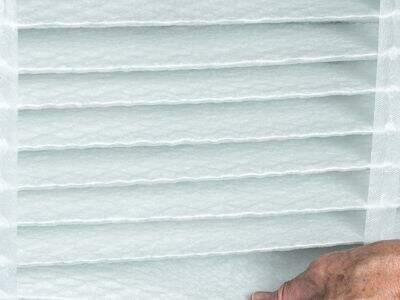Huirui is a nature loving, earth saving company and that's just one reason we love them. They have combined — invented — ∗∗very∗∗ special things — we call them sandwich panels. People are putting up solar panels on their roof tops, "buying" sectors are also making them and companies are doing that and they have somehow ended with panels that are banned from use in Europe and United States but taking alternative energy sources into their use. This is a big deal because the less energy we use, the more we can help slow down climate change and keep our air and water clean!
Buildings that are energy savers with sandwich panels
Huirui's sandwich panels are a perfect solution for energy-efficient buildings. A sandwich panel consists of two outer layers and one inner soft layer. This crafty design helps buildings remain warm in the winter when it is frigid outside and chill in the summer when it is hot. As a result, buildings don’t have to spend much energy to remain comfortable, which is good for the environment and for reducing the energy bill!
They are also light enough to be moved around and set up elsewhere. That's very important because it saves energy to transport the panels to where construction happens. If we can save energy during transportation, it reduces the total energy consumption.
High-Quality Sandwich Panels
Huirui uses only the highest quality materials to manufacture its sandwich panels. The outside layers are forged from tough materials, such as steel or aluminum, making them extremely durable and resistant to varying weather conditions. The middle, soft layer is formed by insulation materials like foam or mineral wool, which are excellent at holding buildings warm or cool from the inside.
Not only does Huirui run the tests required to confirm their sandwich panels meet quality standards, but they go the extra mile. So, businesses can rely on these panels being very durable and performing exceptionally well. Companies that purchase Huirui's panels know they are purchasing something that is reliable and effective.
Like panels for infrastucture construction are friendly to our environment.
Huirui is also very eco-friendly: its sandwich panels are not just amazing in buildings but also good for the environment. They have a small carbon footprint, which refers to producing a low amount of greenhouse gases. Some products can be high in greenhouse gases that can contribute to climate change, so make sure that the products you use limit these emissions. They can also be recycled — when the panels are no longer needed, they can be made into new products instead of going to a landfill.
To combat this, many companies are turning to Huirui's environment-friendly sandwich panels. These Panels a great option for prosumer companies that want to help protect earth for future generations. These panels demonstrate that companies care about the planet and wish to help make a difference.
The use of Sandwich panels as good insulation
Huirui: An energy-saving environmental protective building material sandwich panel As a result, structures featuring these panels maintain more stable temperature levels than structures built using more conventional materials. Because of that great insulation, they use less energy to keep warm in the winter or cool in the summer. This isn’t just a cost-saving move on heating and cooling, but can cut down pollution and overall carbon emissions from buildings.
“For example, food companies that need to keep things at certain temperatures are especially useful for these panels. This sandwich panel is not only durable but also effectively can keep food cold and fresh. This is highly essential for the businesses that require proper storage of food and retain its freshness.
So in a nutshell, Huirui's sandwich panels basically assist companies in Europe and the United States to create energy-efficient and environmentally friendly buildings. These are made from quality materials to be good for the environment while providing great insulation. When companies choose Huirui's sandwich panels, they make a significant step toward growing a sustainable future.

 EN
EN











































